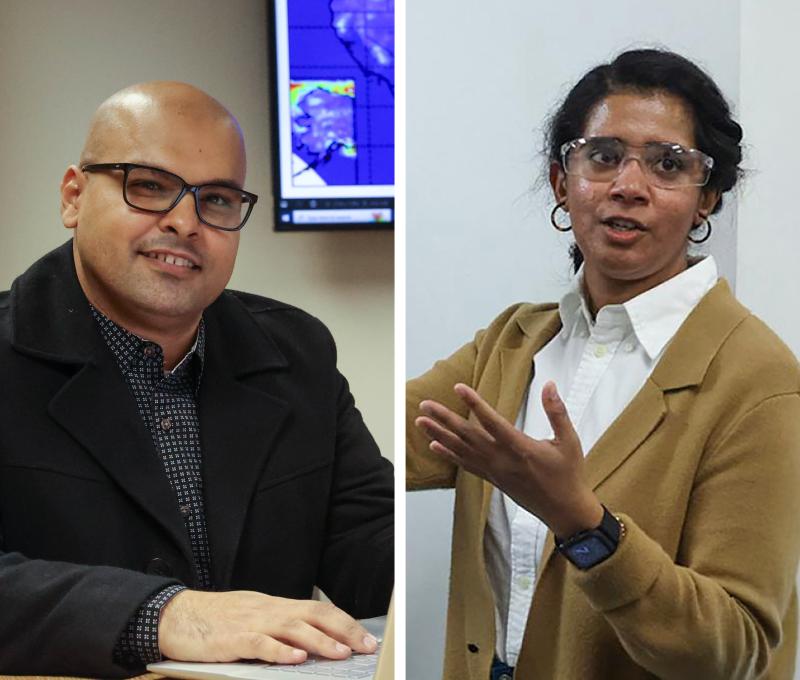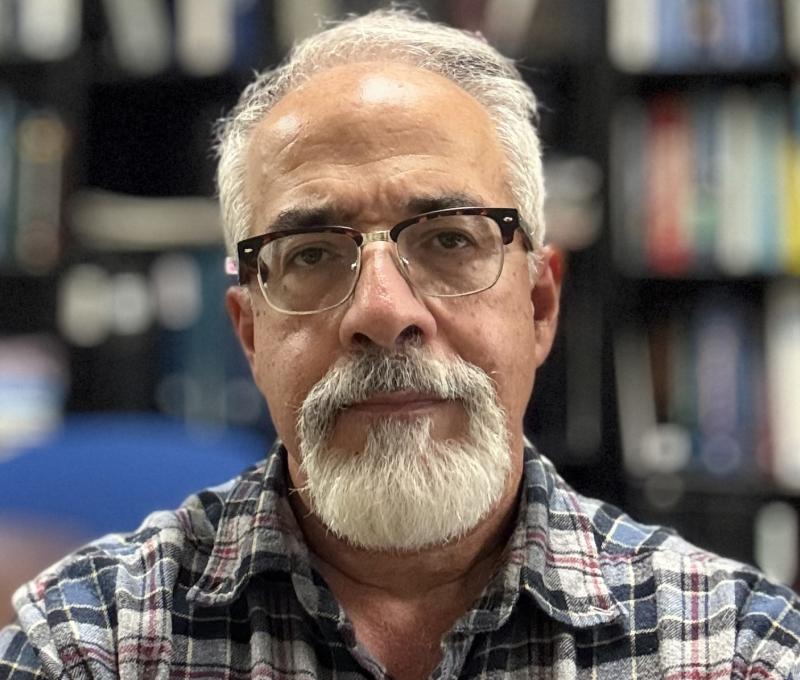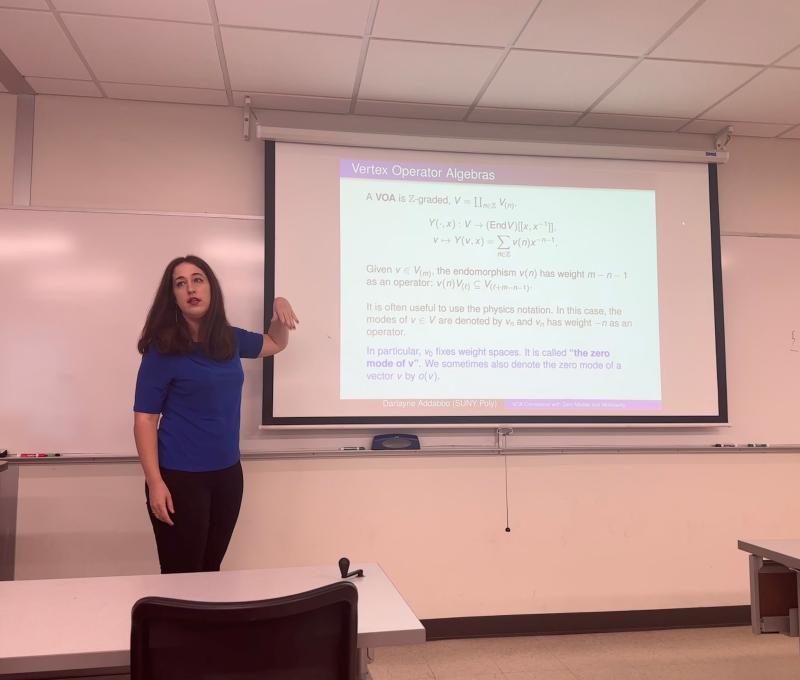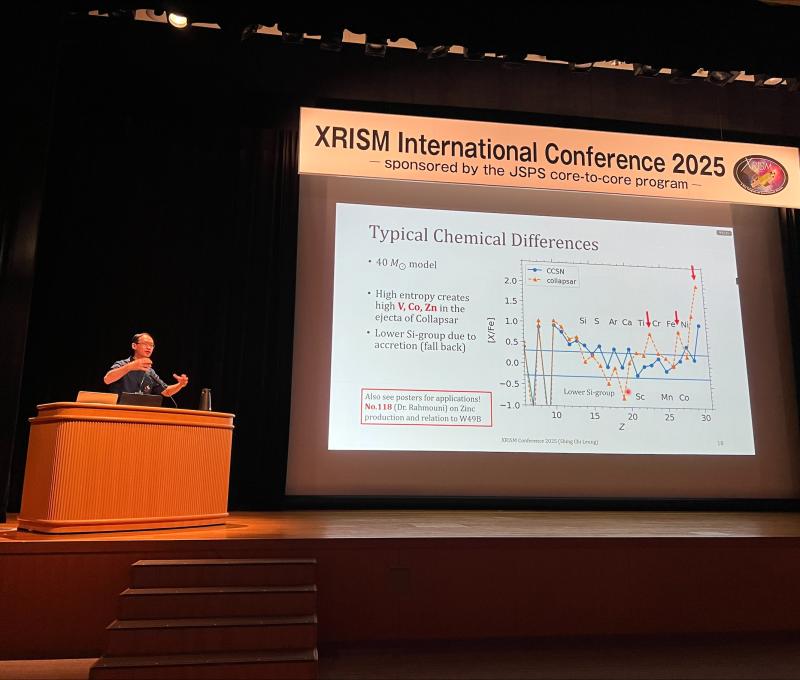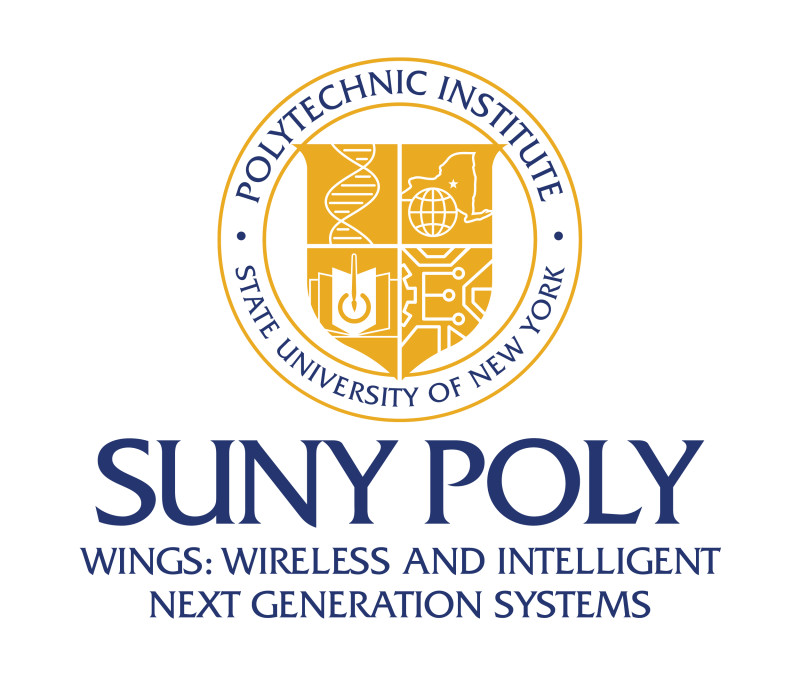News Release: SUNY Poly Announces $440,000 in Funding from National Science Foundation for Next-Gen Quantum Research

For Release: Immediate – February 16, 2022
Contact: Steve Ference, Director of University Communications | (518) 429-7742 | sference@sunypoly.edu
Total $2.5M research grant with partner University of Rochester seeks to develop novel quantum interconnects to transfer quantum information between systems
ALBANY, NY – SUNY Polytechnic Institute (SUNY Poly) announced Associate Professor at the College of Nanoscale Science and Engineering (CNSE) Dr. Spyros Gallis (Spyridon Galis) has received $440,000 from the National Science Foundation as part of a collaborative cross-institutional research team led by the University of Rochester’s Institute of Optics, which is focused on processing quantum information as carried by photons, or particles of light.
The overall $2.5 million, four-year research effort aims to explore and develop a multifunctional integrated quantum photonic processor. This processor would be able to take the information from light particles and transfer it between disparate systems efficiently and accurately. Such a capability could significantly advance computing, sensing, and communication security.
“On behalf of SUNY Poly, I offer my congratulations to Dr. Gallis for this grant that will foster the development of leading-edge quantum interconnects through a significant cross-regional collaboration with the University at Rochester,” said Acting President Dr. Tod A. Laursen. “Research efforts such as this one not only push society toward improved computing and sensing capabilities, as well as enhanced security for communications, but also provide the kinds of unique learning opportunities for students that have become a critical part of New York State’s innovation ecosystem.”
“I am proud to congratulate Professor Gallis and the University of Rochester for this exciting research, underpinned by this NSF grant, which will support next-gen processing that leverages the fundamental laws of quantum mechanics in order to improve information processing in ways that can benefit society,” said SUNY Poly Interim Dean of the College of Nanoscale Science and Engineering Dr. André Melendez. “This initiative, which also supports a hands-on education for several SUNY Poly students, is yet another example of SUNY Poly’s research expertise and high-tech capabilities, which contribute to furthering upstate New York as an innovation hub.”
“I am thankful for the National Science Foundation’s support and for this critical partnership with the University of Rochester and co-principal investigators, Drs. Qiang Lin, and co-principal investigators Drs. Nick Vamivakas, Robert Boyd, and Jaime Cardenas, and I look forward to working with several students who will be able to conduct their research at the cutting-edge,” said Professor Gallis. “The project's overarching objective is to explore and develop a multifunctional integrated quantum photonic processor on a scalable lithium niobite-based photonic integrated circuit platform to manipulate, store, and transduce quantum states in a deterministic fashion. We are excited that this is expected to enhance quantum connectivity for next-generation quantum interconnects.”
The research to develop these quantum interconnects is expected to offer a new paradigm for processing quantum information, opening up a novel path toward the quantum advantage, or the ability to solve real-world data problems on quantum computers faster than can currently be done via classic computing. The technology developed under this program could therefore have profound commercial impact on the industrial sector, with faster data crunching for sensing applications, or for facilitating greater communications security.
Dr. Gallis, whose research group has built a state-of-the-art optical laboratory at SUNY Poly’s CNSE, will mentor and guide graduate and undergraduate students to complete the effort. The graduate students will carry out the fabrication and implantation processes, as well as the characterizations of the rare-earth doped nanophotonic materials and devices.
The overarching objective of this program’s Research Experiences for Undergraduates (REU) is to provide proper and valuable team-driven educational experiences for undergraduate and summer intern students through participation in the proposed research, with SUNY Poly CNSE undergraduates participating under the “Undergraduate Honors Distinction in Nanoscale Engineering” program, which offers the distinction of graduating with honors in the major for high achieving undergraduate students who wish to challenge themselves.
####################
About SUNY Polytechnic Institute (SUNY Poly)
SUNY Poly is New York’s globally recognized, high-tech educational ecosystem. SUNY Poly offers undergraduate and graduate degrees in the emerging disciplines of nanoscience and nanoengineering, as well as cutting-edge nanobioscience programs at its Albany campus, and undergraduate and graduate degrees in technology, including engineering, cybersecurity, computer science, and the engineering technologies; professional studies, including business, communication, and nursing; and arts and sciences, including natural sciences, mathematics, humanities, and social sciences at its Utica campus; thriving athletic, recreational, and cultural programs, events, and activities complement the campus experience. As the world’s most advanced, university-driven research enterprise, SUNY Poly boasts billions of dollars in high-tech investments and hundreds of corporate partners since its inception. For information visit www.sunypoly.edu.

